
Biblical stories about baptism are connected to, but also at odds with, historical theology about baptism as well as the current liturgical practices of baptism. Reading Matthew’s account of Jesus’ baptism together with contemporary theologies offers a glimpse of the radical solidarity of Jesus.
*This post originally appeared on the Politics of Scripture January 2, 2017.
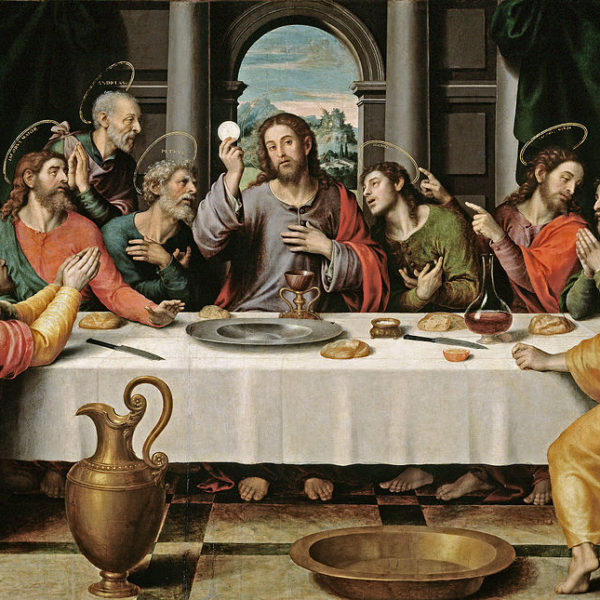
In celebrating the Eucharist, we are engaging in an act of remembering those who were remembering those who were remembering. To remember is to ‘re-member’, to re-attach ourselves to the great story of God’s deliverance.
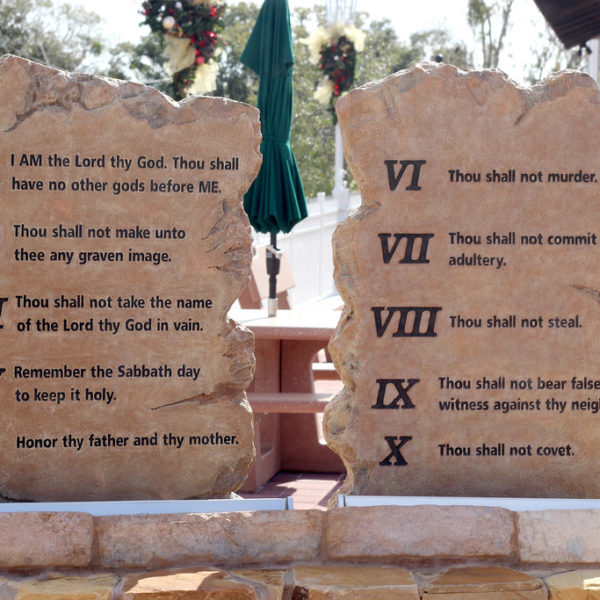
Jesus’ teaching in the Sermon on the Mount unsettles many biblicist ways of understanding Scripture. It may even be better to move from speaking of ‘the Scriptures’ as a noun, to speaking of ‘Scripturing’ as a verb.
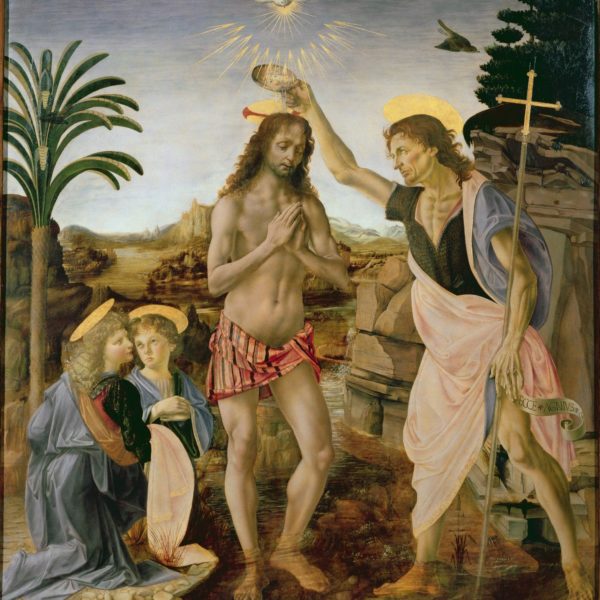
Biblical stories about baptism are connected to, but also at odds with, historical theology about baptism as well as the current liturgical practices of baptism. Matthew’s account of Jesus’s baptism gives us a helpful window into the reality.
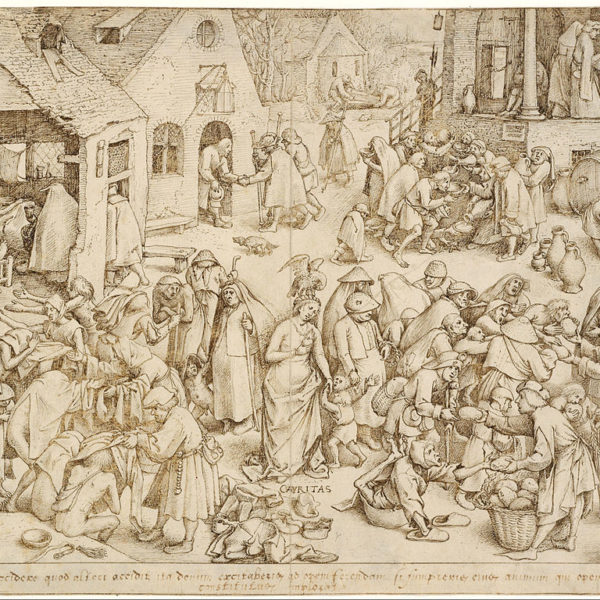
Psalm 14:1, though popularly employed to dismiss non-theists as foolish, is principally targeted against practical atheism, against those who believe that justice is without force in the universe and that all that matters is power.
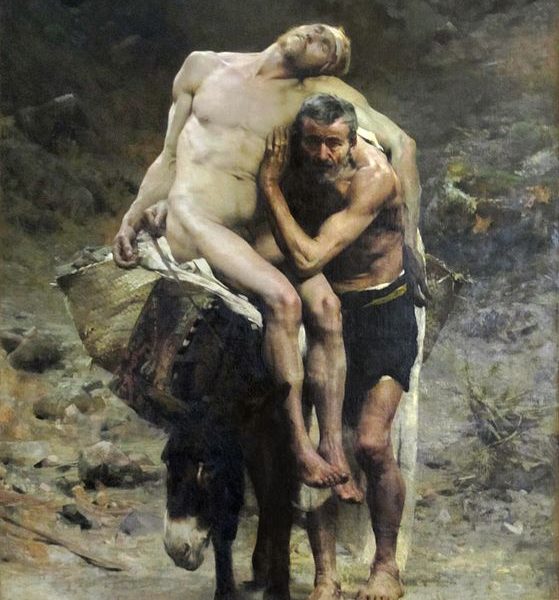
In response to a question designed to test him, Jesus presents a lawyer with a series of questions in response, which evade his trap and undermine the lawyer’s attempts at self-vindication. Through his conversation, he reveals the importance of asking the right question.
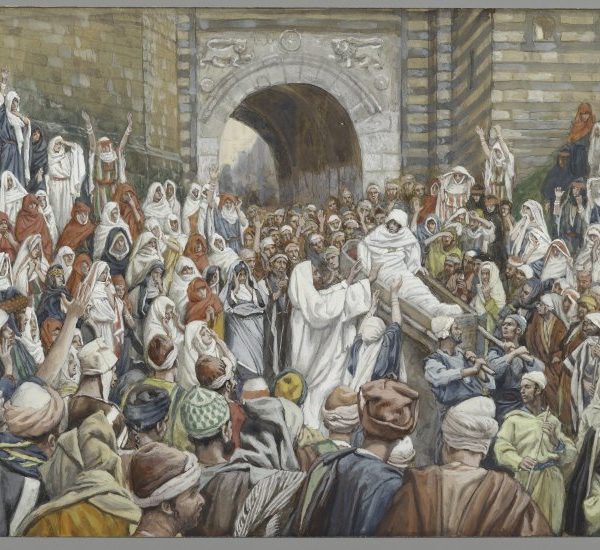
When a large crowd of admirers met a large crowd of mourners, Jesus noticed the widow, a political act of directing attention to one whose life was most imperiled. Followers of Christ would do well to do the same.
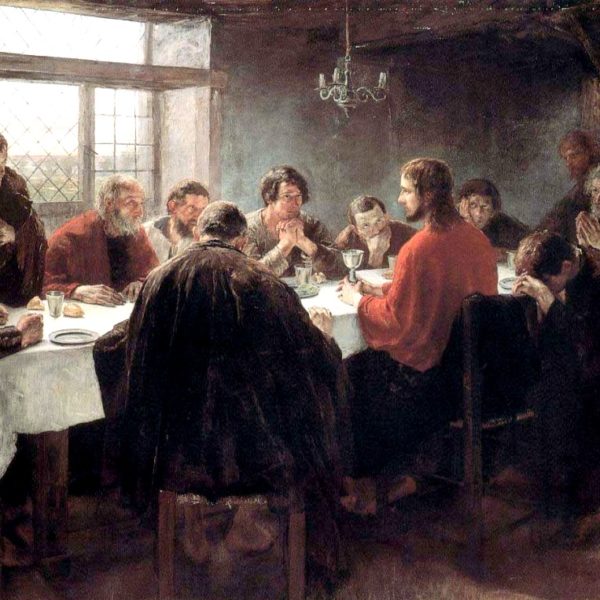
The question of the status and authority of the church after Jesus’ bodily departure looms large over the Farewell Discourse, manifesting both the concerns of the disciples and concerns of a later Johannine community. On account of the Spirit’s presence, the church is empowered to speak with a fresh yet authoritative voice to new challenges.
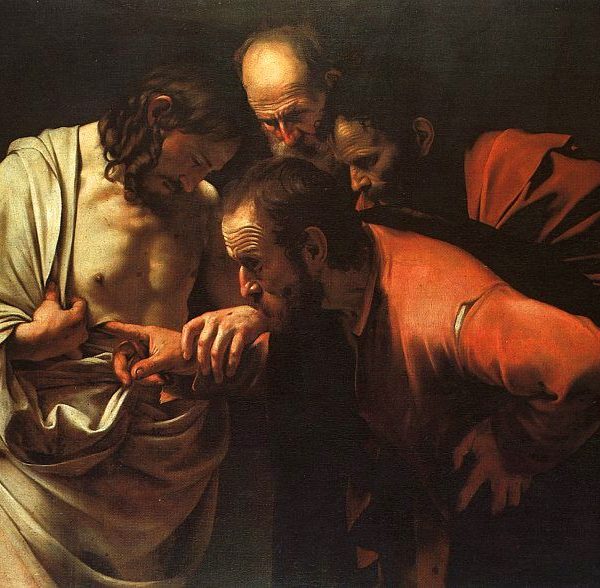
That Thomas’ absence when Jesus first appeared to the Twelve after his resurrection was due to his withdrawing from the other disciples following Christ’s crucifixion is an intriguing exegetical possibility. It also frames the events that follow in a manner that may be instructive for the Church in its witness to those who are doubting and agnostic.
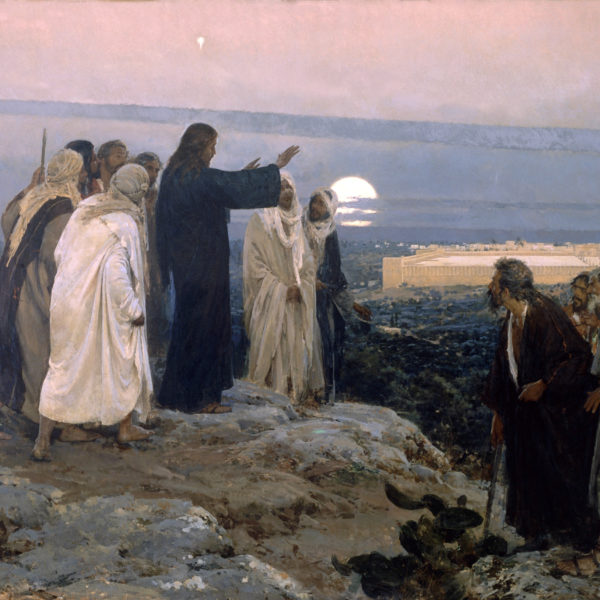
Jesus’ entry into Jerusalem, his trial, suffering, death, and resurrection, bring into full circle his journey to Jerusalem that was not shaped by Herod’s murderous threat but by his redemptive obedience to God’s will.
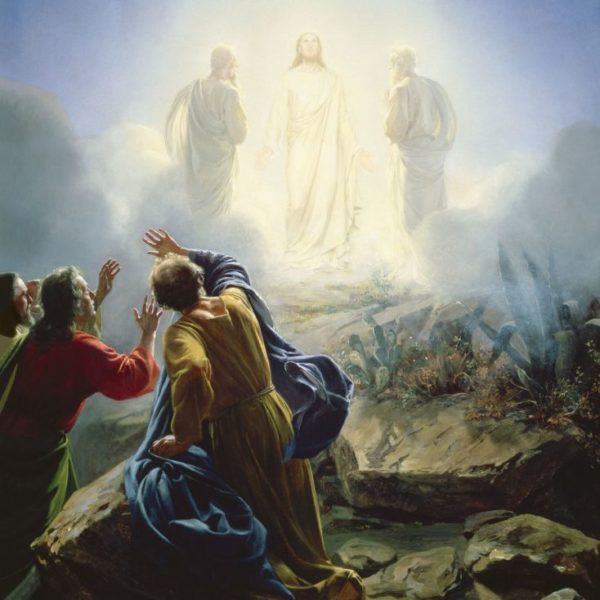
To behold is to stand somewhere between the passiveness of being a pawn in the trajectory of fate and the activity of making the world ourselves. Beginning with the act of beholding grants us necessary perspective upon our political acts and identities.
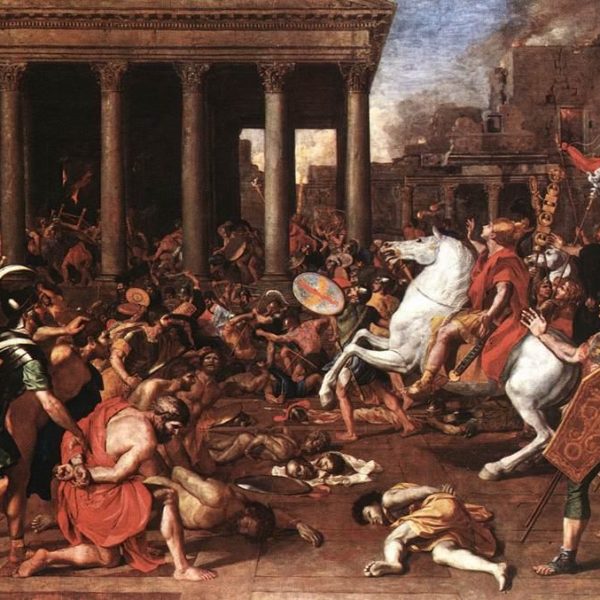
Jesus teaches his disciples the meaning of waiting in a faithful manner. Keeping watch for God’s work within the world requires avoidance of distraction and a desperate faithfulness.